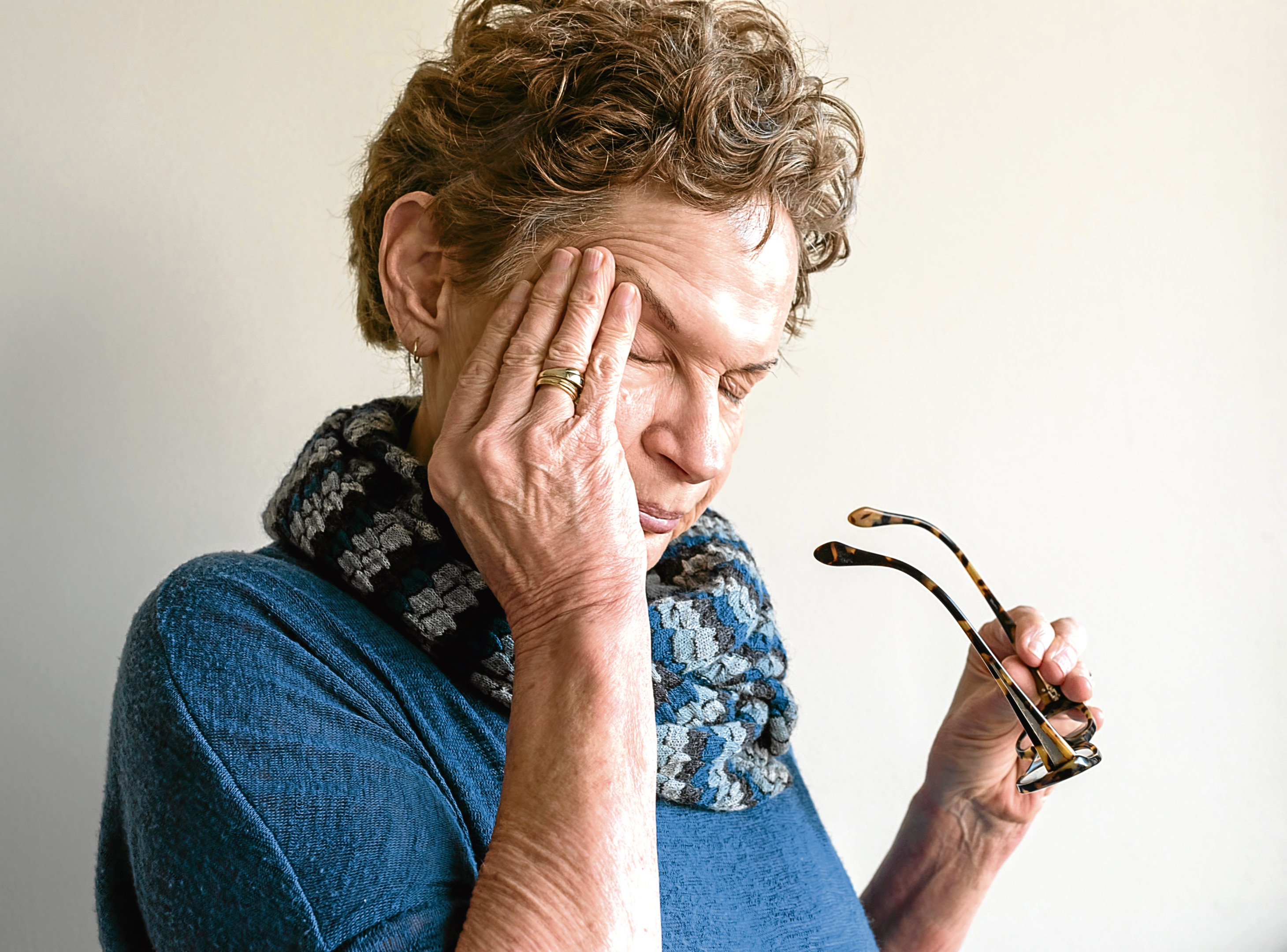
THERE are more than 200 different types of cancer, and more than one in three of us will develop some form.
So it’s important to be clued-up on the warning signs that something potentially isn’t quite right.
The problem is, those warning signs aren’t always obvious.
Most of us know to get any unusual lumps checked out, but there are several other more subtle or less talked-about symptoms that are just as important, but which we often easily brush aside.
Treatments work best when cancer is caught early so noticing any unusual changes — and getting them checked — sooner rather than later can make all the difference.
Here, medical experts reveal some of the red flags that many people overlook.
UNEXPLAINED WEIGHT LOSS
Dropping a dress size might seem like good news but if you haven’t made any changes to your diet or exercise routine, it could be a sign that something is wrong.
“Many different cancers cause weight loss,” says Dr Clare Morrison of MedExpress. “This is because tumours use up a lot of energy and nutrition as they grow.”
“Many people with cancer experience weight loss but it occurs most often with cancers of the stomach, oesophagus, pancreas or lung,” adds Dr Tim Woodman, Medical Director at Bupa.
“If you’re struggling to put any lost weight back on, speak to your GP.”
ONGOING TIREDNESS
We all have days where we can’t seem to keep our eyes open, but unusual exhaustion that’s been going on for a while could be due to something else.
“Fatigue can be an early sign of cancer, a continuous feeling of exhaustion that doesn’t get better even after rest,” says Dr Jan Schaefer, Chief Medical Officer at MEDIGO. “This symptom that is relatively easy to miss if you lead a busy life.”
Often, fatigue occurs in the early stages of cancer because of blood loss.
“Cancers of the digestive tract tend to cause internal bleeding,” adds Dr Morrison. “Blood loss may gradually lead to anaemia. Other signs may be shortness of breath, palpitations and ankle swelling.”
SWELLING IN THE NECK
Medical advice says that we should regularly check our breasts and testicles for any errant lumps or bumps, but your neck could also be a key indicator of cancerous cells.
“Many patients don’t realise the significance of a persistent neck lump,” warns Dr Morrison.
“It is a worrying symptom as it can signify a tumour anywhere in the head or neck, including cancer of the mouth, throat, ear, sinuses, larynx or thyroid, while neck growths can also be a sign of blood cancer and lymphoma.
“Swellings are common with viral infections but these settle within a couple of weeks. If a swelling persists for six weeks or more, it should be examined.”
MOUTH ULCERS THAT DON’T HEAL
A mouth ulcer is a pretty run-of-the-mill complaint, which should clear up within a week or two. If it causes discomfort for more than three weeks, however, or you get lots of stubborn ulcers, it could be a sign of something more serious.
“Many of us experience mouth ulcers when we’re a bit run down,” says Dr Schaefer.
“The lining of the mouth renews itself every two weeks, which helps ulcers heal themselves, so if you’re experiencing persistent ulcers for over three weeks, make sure to seek advice.”
PERSISTENT BLOATING
Many of us will feel bloated after a big meal but not every day (even if it comes and goes).
“If you feel bloated for three weeks or more, it’s best to visit your doctor,” says Dr Woodman. “The same goes for feeling full quickly, or loss of appetite.”
CHANGES TO BOWEL HABITS
Bowel patterns can vary from day to day, depending on what we’ve eaten or how stressed we are.
But any ongoing usual pattern changes, particularly if you are producing more frequent, smaller stools like pellets or pencil-thin poo could indicate bowel cancer.
Dr Morrison explains that other symptoms may include rectal bleeding, weight loss, fatigue, abdominal pain and/or swelling, or a feeling that the bowels aren’t emptying fully.
NON-HEALING SKIN BLEMISHES
Skin blemishes occur in various shapes, sizes and colours, and can appear on the skin at any time in life.
“People often overlook small blemishes,” says Dr Morrison. “It’s easy to see why, as when we age, many spots and marks appear on the skin
“But if a mole enlarges, gets darker, has an irregular outline, or uneven pigmentation, then it should arouse suspicion of malignant melanoma.
“Also any blemish that bleeds, gets scabby, ulcerated or fails to heal, should be shown to a doctor.”

Enjoy the convenience of having The Sunday Post delivered as a digital ePaper straight to your smartphone, tablet or computer.
Subscribe for only £5.49 a month and enjoy all the benefits of the printed paper as a digital replica.
Subscribe